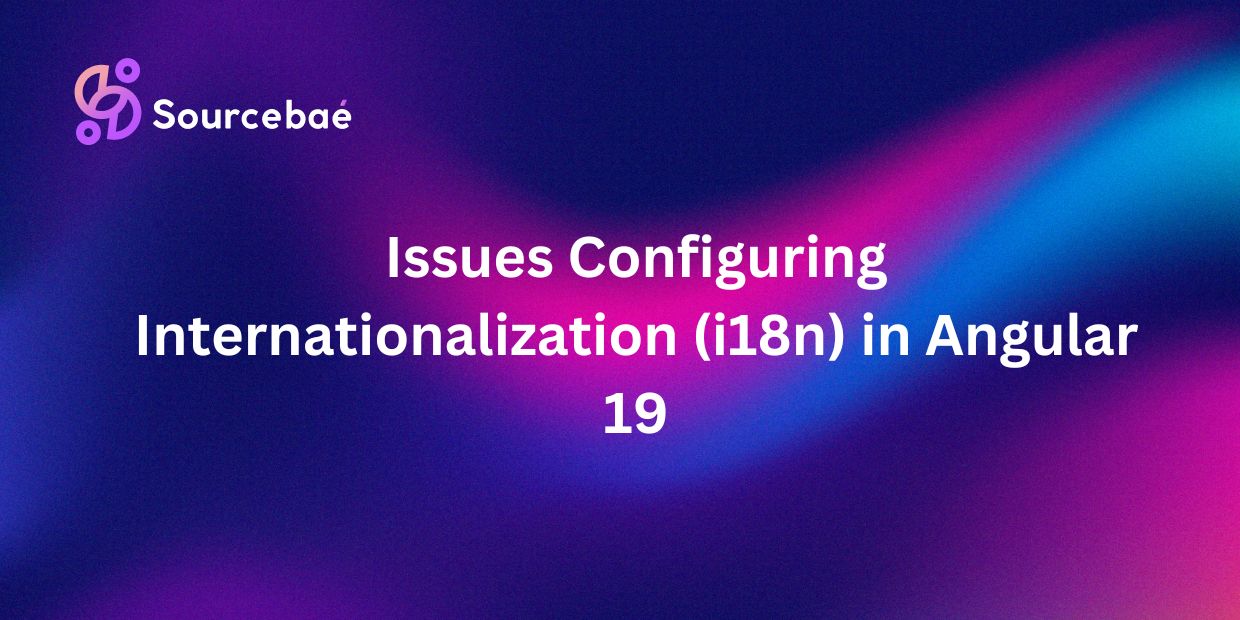In the ever-evolving landscape of web development, staying up-to-date with the latest tools and technologies is essential to remain competitive.
Angular, a popular JavaScript framework, continues to dominate the scene with its powerful features and capabilities. As we venture into 2023, it’s crucial to identify the top Angular frameworks that are shaping the future of web development.
This article serves as your guide to exploring these cutting-edge options, providing insights and expert opinions to help you make informed decisions.
Which are the Top Angular Frameworks in 2023?
Angular development has come a long way since its inception, and now there are several remarkable frameworks that complement the core technology. Let’s delve into the top Angular frameworks in 2023 that are gaining traction and transforming the way developers build web applications.
1. Angular Universal: Bridging the Gap Between Server and Client
Angular Universal continues to be a game-changer by enabling server-side rendering (SSR) for Angular applications. This framework enhances performance and SEO optimization, as it pre-renders pages on the server before delivering them to the client. This results in faster load times and improved user experiences, making Angular Universal a must-have framework for 2023.
2. NgRx: State Management at its Finest
State management is a critical aspect of web development, and NgRx excels in this area. Leveraging the power of RxJS, NgRx provides a reactive approach to state management, simplifying complex data flows and ensuring the predictability of your application’s behavior. With its robust tools for managing state, effects, and actions, NgRx is a cornerstone framework for Angular projects.
3. Angular Material: Designing with Ease
User interface (UI) and user experience (UX) play pivotal roles in modern web applications. Angular Material offers a comprehensive library of UI components that follow the Material Design guidelines, making it effortless to create visually appealing and responsive designs. As design trends continue to evolve, Angular Material remains a go-to choice for developers seeking aesthetic excellence and consistent UI elements.
4. Ivy Engine: Unleashing Enhanced Performance
Ivy Engine, introduced by the Angular team, is not just a framework but a new rendering engine that revolutionizes how Angular applications are compiled and executed. Ivy brings significant performance improvements by reducing bundle sizes and enhancing runtime efficiency. Its incremental DOM updates and improved tree shaking contribute to faster load times and enhanced overall performance.
5. Nrwl Nx: Supercharging Monorepo Development
Managing complex enterprise applications can be challenging, but Nrwl Nx simplifies this process by enabling monorepo development. Nx provides tools for building, testing, and deploying multiple applications and libraries within a single repository. This framework promotes code reuse, simplifies dependency management, and streamlines the development workflow, making it an invaluable asset for large-scale projects.
The Landscape of Angular Frameworks in 2023: A Comprehensive Overview
As we traverse the realm of Angular frameworks in 2023, it’s essential to gain a holistic understanding of the various options available. The table below showcases a comprehensive outline of the top Angular frameworks, providing insights into their features, benefits, and use cases.
| Framework | Key Features | Benefits | Use Cases |
|---|---|---|---|
| Angular Universal | Server-side rendering, SEO optimization | Faster load times, improved UX | Content-heavy applications |
| NgRx | Reactive state management | Predictable behavior, data flow control | Complex data-driven apps |
| Angular Material | Material Design UI components | Consistent UI, aesthetic excellence | Modern and responsive UIs |
| Ivy Engine | Enhanced rendering, reduced bundle size | Faster performance, efficient updates | Performance-critical applications |
| Nrwl Nx | Monorepo development | Code reuse, streamlined workflow | Enterprise-level applications |
FAQ’s
Q: Is Angular Universal suitable for all types of applications?
Angular Universal is particularly beneficial for content-heavy applications where server-side rendering can significantly improve performance and SEO optimization.
Q: How does NgRx ensure predictability in state management?
NgRx follows a reactive approach using RxJS, which ensures that changes in application state are managed consistently and predictably, reducing the chances of unexpected behavior.
Q: Can I use Angular Material components in non-Angular projects?
While Angular Material is designed to work seamlessly with Angular applications, some components can be adapted for other frameworks with additional effort.
Q: What sets Ivy Engine apart from previous rendering engines?
Ivy Engine introduces a more efficient compilation process, incremental DOM updates, and enhanced tree shaking, resulting in faster load times and improved runtime performance.
Q: Is Nrwl Nx suitable only for large-scale enterprise projects?
While Nrwl Nx is particularly beneficial for managing large-scale applications, its monorepo approach can also bring efficiency to smaller projects with multiple interconnected components.
Q: Are these frameworks officially supported by the Angular team?
Yes, all the frameworks mentioned in this article are either officially maintained by the Angular team or have gained widespread support from the community.
Conclusion
As we venture into 2023, the realm of Angular development is marked by innovation and advancement.
The top Angular frameworks, such as Angular Universal, NgRx, Angular Material, Ivy Engine, and Nrwl Nx, are reshaping the way developers approach web development.
Whether you’re aiming to enhance performance, streamline state management, or create visually stunning designs, these frameworks offer indispensable tools to elevate your projects.
Stay ahead in the dynamic tech landscape by embracing these cutting-edge Angular frameworks and unlocking the full potential of modern web development.






